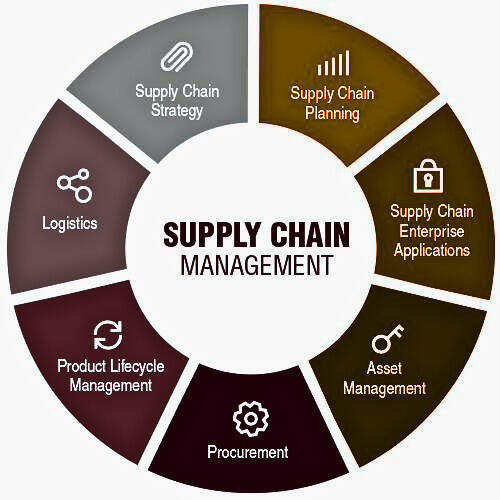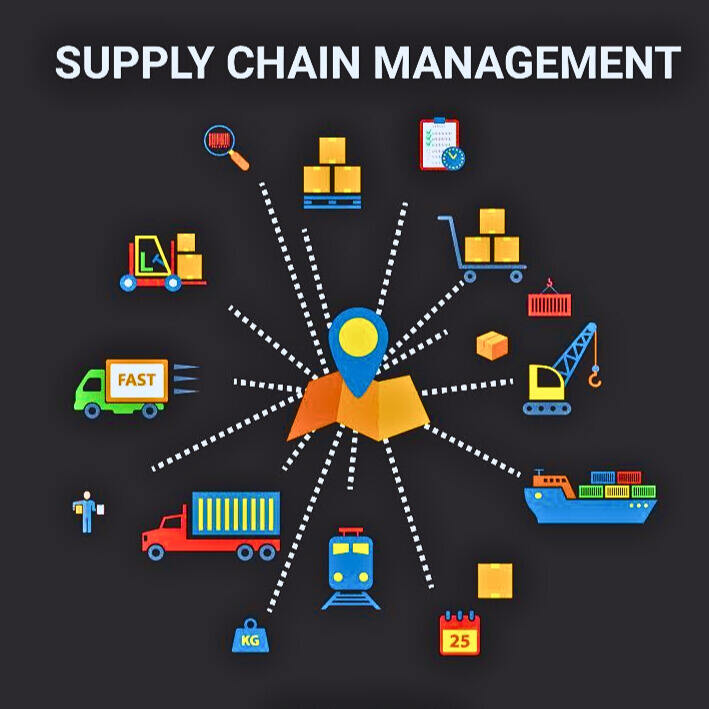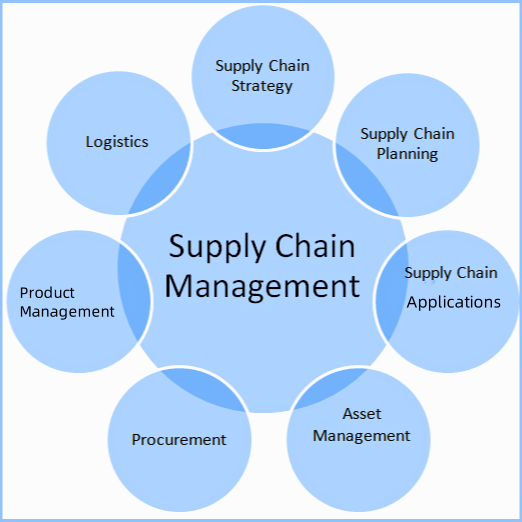procurement strategies in supply chain management
Procurement strategies in supply chain management represent a comprehensive approach to acquiring goods and services essential for business operations. These strategies encompass various methodologies including strategic sourcing, vendor management, contract negotiations, and risk assessment. Modern procurement utilizes advanced digital solutions that streamline the purchasing process, automate routine tasks, and provide real-time analytics for better decision-making. Key functions include supplier selection and evaluation, price negotiation, order processing, and inventory management. The technological infrastructure supporting these strategies often includes e-procurement platforms, supplier relationship management systems, and predictive analytics tools that help forecast demand and optimize stock levels. Organizations can implement different procurement models such as centralized, decentralized, or hybrid approaches based on their specific needs. These strategies also incorporate sustainable practices, focusing on environmental impact and social responsibility while maintaining cost-effectiveness. The application of these strategies extends across industries, from manufacturing to services, helping organizations reduce costs, improve efficiency, and maintain competitive advantage in the market.


